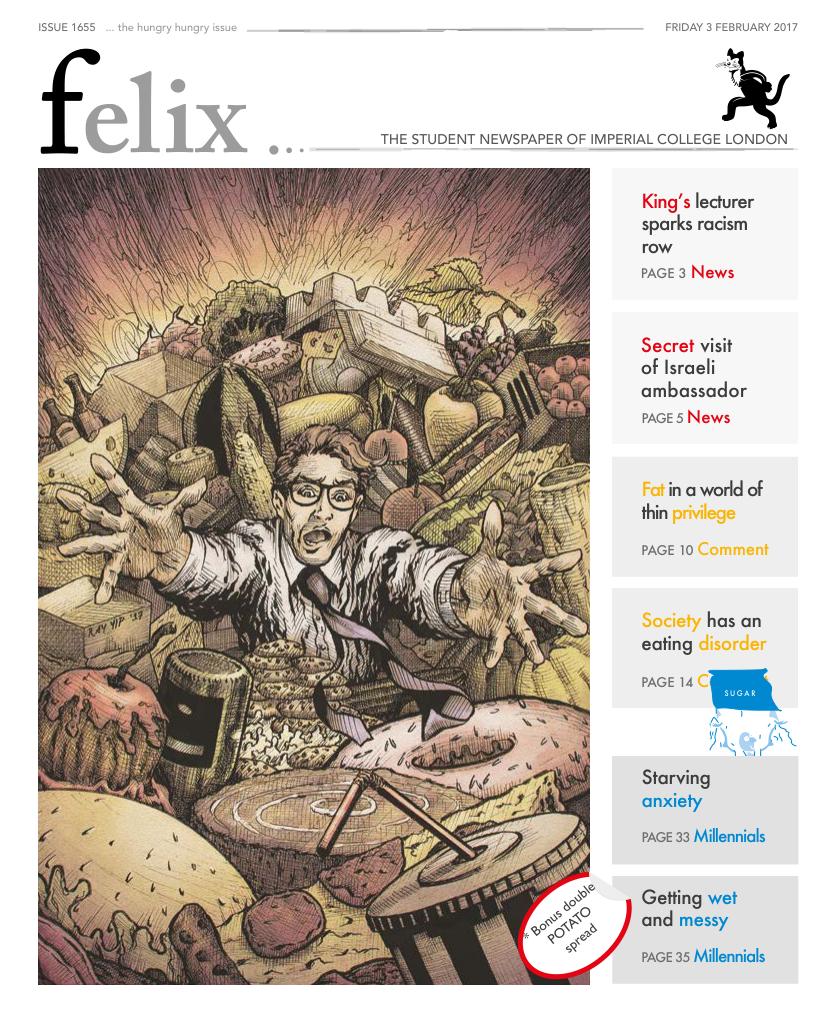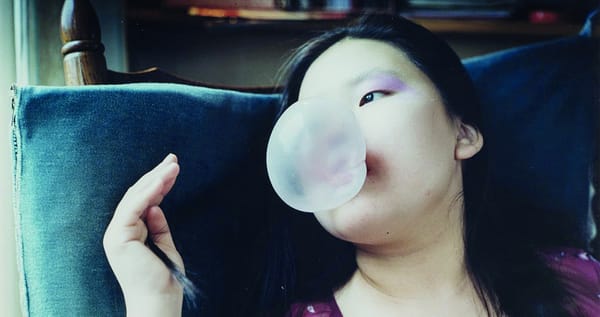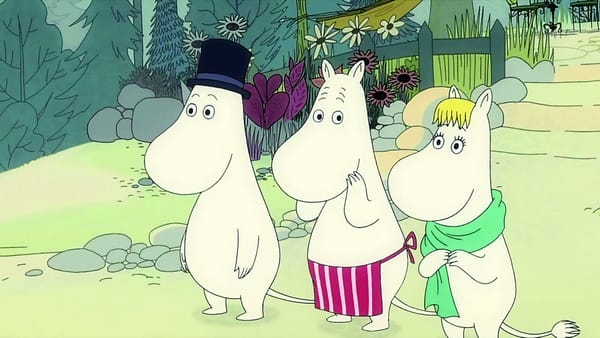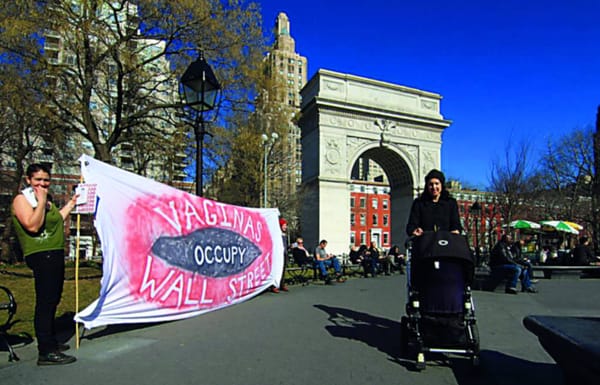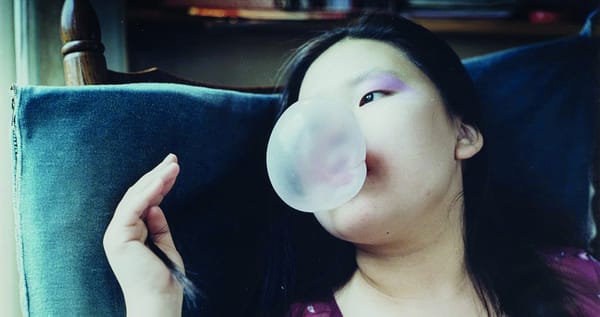La Traviata
An opera that speaks to the heart
An exhibition of harlotry upon the public stage!” denounced The Times when La Traviata was first staged in London in 1856. Although it is now the most frequently staged opera worldwide, La Traviata’s beginnings were plagued by stern censorship and moral outrage. That a common prostitute should be portrayed in anything other than a negative light – worse, for her to be the star of the show – was a shocking statement to make in the Victorian era.
This was all the more so because prostitution was very much rampant in 19th century Paris. In 1847, just a few years before, the renowned courtesan Marie Duplessis had died of consumption. Despite her profession, her delicate and refined nature was praised by her many lovers, among whom were Franz Lizst and the writer Alexandre Dumas fils. After Duplessis’ death, Dumas wrote a semi-autobiographical play based on her life, La Dame aux camélias (Duplessis wore red and white camellias to signify her sexual availability). It was this play that inspired Verdi to write La Traviata.
The presence of courtesans was winked at by Parisian society, but only as long as they knew their place – these ‘fallen women’ could never be elevated above the status of their sin. Personally, Verdi also ran afoul of these inflexible societal rules: society strongly disapproved of his decade-long cohabitation with the singer Giuseppe Strepponi.
With his tragic heroine Violetta, Verdi brought society’s hypocrisy uncomfortably into the public eye. Small wonder that the opera-house La Fenice insisted that La Traviata be disguised safely in the costume of the previous century. For thirty years, La Traviata was set anachronistically in the 1700s. But the audience could probably tell that it was a "subject for [their] times” – modernity, in the form of the fashionable waltz and polka rhythms, pervades the score of the opera.
Waltz rhythms are heard throughout Act I, as Violetta throws a grand party for a crowd of friends and admirers. The young Alfredo Germont declares his love; Violetta refuses him initially, but gives him a camellia and tells him to return when it is faded. In Act II, their happy life together is dashed by the appearance of Alfredo’s father. The older Germont regretfully asks Violetta to leave Alfredo because her reputation is hindering the respectable marriage of Alfredo’s sister. Though torn, Violetta sacrifices her happiness and writes in a letter to Alfredo that she is abandoning him. The two later meet at a party where Alfredo publicly denounces and humiliates Violetta, who faints from the shock. In the third act, Violetta’s consumption has caught up to her and she is dying. Alfredo, having been told of Violetta’s fidelity and sacrifice, rushes to make amends, but it is too late, and she dies in his arms.
Richard Eyre’s production of La Traviata is located in the mid-19th century, exactly as Verdi envisioned. As is appropriate for a great classic, the interpretation is literal rather than avant-garde. This is the production’s 14th revival at the ROH since its premiere two decades ago in 1994 – a testament to its enduring popularity – and yet it is far from old-fashioned or boring. This is one of the most beautiful sets I have seen in any production, conjuring realistic atmospheres of grandeur or bleakness without tipping over into excess (I’m looking at you, Manon Lescaut). For an opera, the story of La Traviata feels surprisingly authentic, perhaps because it is inspired by real life rather than legend. No gypsies being burnt at stakes here, no revenge carried over from generations before, no supernatural curses dogging the protagonists as in Il Trovatore or The Flying Dutchman. Verdi’s sensitive rendering of his characters has created a Violetta who is both startlingly human and heartbreakingly vulnerable, and therefore I think the success of a run of La Traviata hinges on the soprano playing her. Not only must she navigate the challenging arias and their fiendish coloratura demands, she must also successfully embody the youthful beauty wasting away from consumption. Violetta is marked by death, and she knows it; this knowledge fuels her “living for pleasure” in Act I and heightens the tragedy of her parting from Alfredo in Act II, which is to be final.
The first ever Violetta, the plump and middle-aged Salvini-Donatelli, was so unconvincing that the audience burst into laughter at her imminent death in Act III. Verdi himself recognised the unique need for a believable actress, writing that the singer should have “an elegant figure, be young and sing passionately… Even a mediocrity could possess the right qualities to shine in that opera and be dreadful in everything else.”
Fortunately, Joyce El-Khoury was marvellously believable. She held my attention from Act I; her rich and mature voice was well controlled, her trills and flourishes perfectly in tune with the orchestra. Her true strength, though, was in bringing across Violetta’s depth of character. In the famous “Sempre Libera” (Free and aimless), El-Khoury sang with the wild gaiety of Violetta’s commitment to pleasure, but also conveyed the confusion of her slowly falling for Alfredo. I was completely sucked into her heroic self-sacrifice in Act II’s “Dite alla giovine…”(Tell your daughter…) against the unyielding demands of Germont the elder (sung by Artur Ruciński’s splendid hoary baritone). Sergey Romanovsky was occasionally a bit rigid as Alfredo but his mellow tenor complemented El-Khoury excellently in the duets.
Although I am not one who sheds tears easily, even I had a lump in my throat during El-Khoury’s “Addio, del passato” – Violetta bidding farewell to the dreams of the past as she lies dying in an empty room, forsaken by all who loved her. No wonder La Traviata is one of the greatest operatic tragedies of all time.
“Poetry of the brothel,” was the dismissive remark of another irate 19th-century reviewer. But there is indeed poetry in La Traviata and its tale of anguish, of self-sacrifice. The ROH’s classic production and outstanding cast brings it out to the highest degree. Verdi would have approved.
La Traviata will return to the Royal Opera House in June 2017. Tickets from £11.

